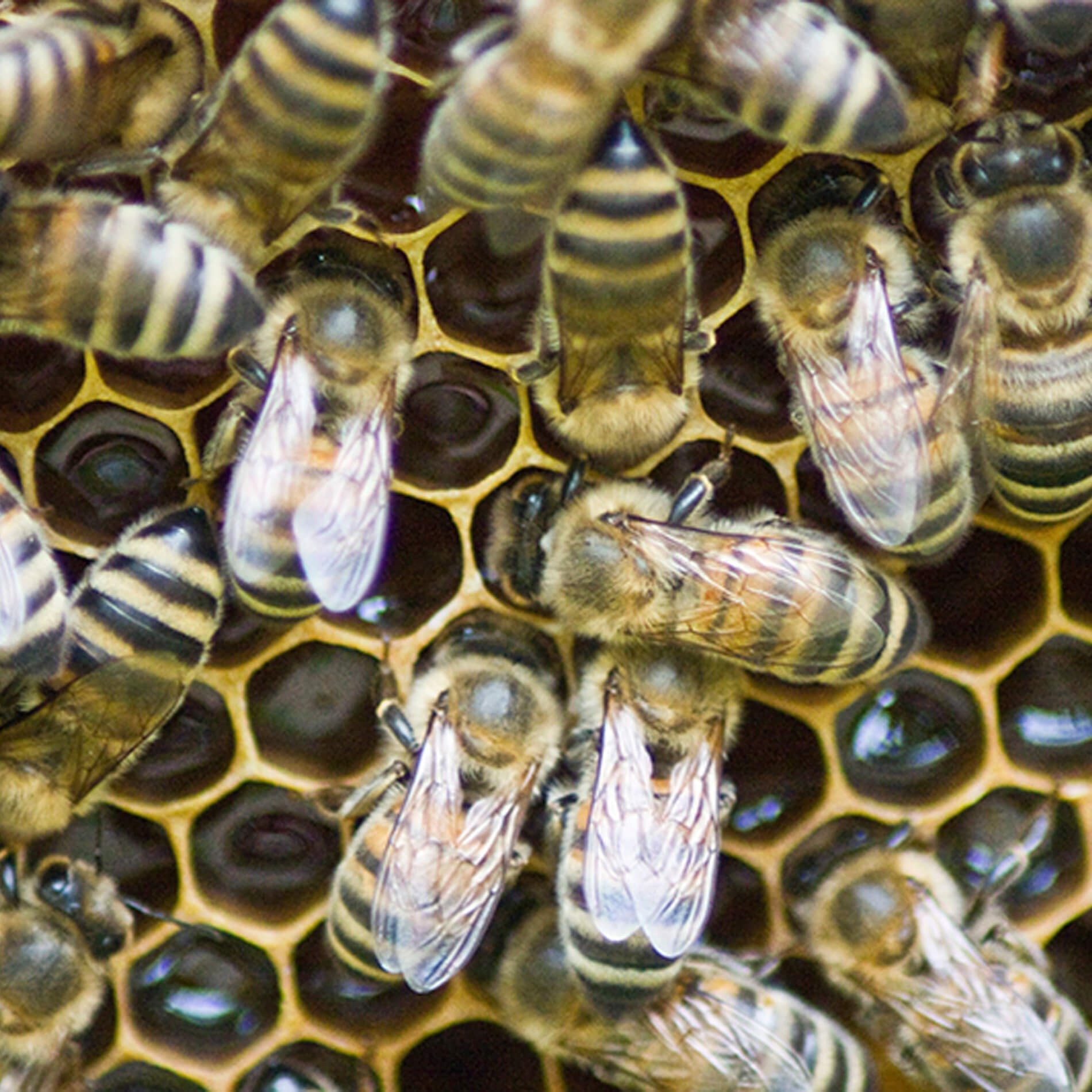Do Dogs Help Us Build Immunity?
Having a dog, as any other dog owner will tell you, is a whole load of fun and not to mention great for your health. There are numerous scientific studies that suggest dog owners are physically1 and mentally healthier than the average person.
The first obvious health benefit of having a dog is the walking. New dog owners, like me, may at first find this new behaviour of daily walking strange, but I’m definitely feeling the benefits now. The long walks and fresh air are great for mind and body. In fact, studies have shown that on average dog owners are almost twice as physically active as non-dog owners, and also less likely to suffer with mental health issues.

How do dogs boost your immune system?
Perhaps more surprisingly than the mental health benefits of owning a dog is the increasing evidence that dogs may improve our immune systems. This is largely thanks to the legions of bacteria that they bring into our homes, exposing us to a wide variety of bacteria we may not normally encounter. Dogs love fox poo! Once they've a good roll around outside they'll be bringing in all sorts of new bacteria and smells.
One recent study carried out by North Carolina State University, and published in PLOS ONE2, revealed that homes with dogs had a much greater bacterial diversity than canine-free homes, and it’s specifically the diversity of bacteria that scientists believe is so key. A commonly held theory amongst the scientific community is that humans as a species have become too clean. Our increasing emphasis on killing every microbe that enters our home may actually be detrimental to our immune systems. Scientists have deemed this the ‘hygiene hypothesis’.
Siblings in the home are also known to be an important determinant in the developing microbiota of children5. Recent research shows that early-life dog exposure is associated with an altered gut microbiome in infants, which may reduce the risk of developing eczema and asthma6. So, families thinking of expanding their household with a pet (or a child, or both!) could be onto a good thing.

That’s where Agnes and the rest of the canine-world comes in, as one researcher explains, “Dogs are good for your immune system. When you bring a dog into your house, you are not just bringing a dog, you are also introducing a suite of dog-associated taxa (microbes) directly into your home environment, some of which may have direct or indirect effects on human health."
The research revealed that dog-related bacteria hotspots, including pillowcases, harboured approximately twice as much bacteria as homes without dogs. This extra bacterial diversity unsurprisingly consisted of species known to live on dog fur. I won’t be shipping Agnes off to the dog home just yet though, as scientists believe that this extra diversity is beneficial to the immune system. Previous studies have also revealed that children exposed to pets in the first few years of life are less likely to develop allergies3,4. Scientists believe that the reason for this is the exposure to a wide array of bacteria keeps the immune system active and prevents it from turning on the body in the form of an allergy.
So there we are; “Man’s best friend” for more reasons than one. To read more about the hygiene hypothesis and other related stories, check out these related articles:
Kissing keeps you healthy and improves immune system
Probiotics for allergies
References
- Brown, S.G. et al (2006) Relationships among dog ownership and leisure-time walking in Western Canadian adults. Am J Prev Med. 30, 2. 131-6.
- Dunn, R. R. et al. (2013) Home Life: Factors Structuring the Bacterial Diversity Found within and between Homes. PLOS ONE. 10. 1371.
- Ownby DR, Johnson CC, Peterson EL. Exposure to dogs and cats in the first year of life and risk of allergic sensitization at 6 to 7 years of age. JAMA 2002;288: 963-72
- Nafsted, P. et al (2001) Exposure to pets and atopy-related diseases in the first 4 years of life. Allergy. 56. 307-12.
- Christensen ED et al., (2022) The developing airway and gut microbiota in early life is infuenced by age of older siblings. Microbiome, 10:106.
- Panzer AR et al., (2023) The impact of prenatal dog keeping on infant gut microbiota development. Clinical & Experimental Allergy, 00: 1- 13. doi:10.1111/cea.14303
Popular Articles
View all General Health articles-
General Health10 Nov 2023
-
General Health31 Oct 2023
-
General Health16 Nov 2023


